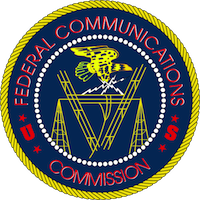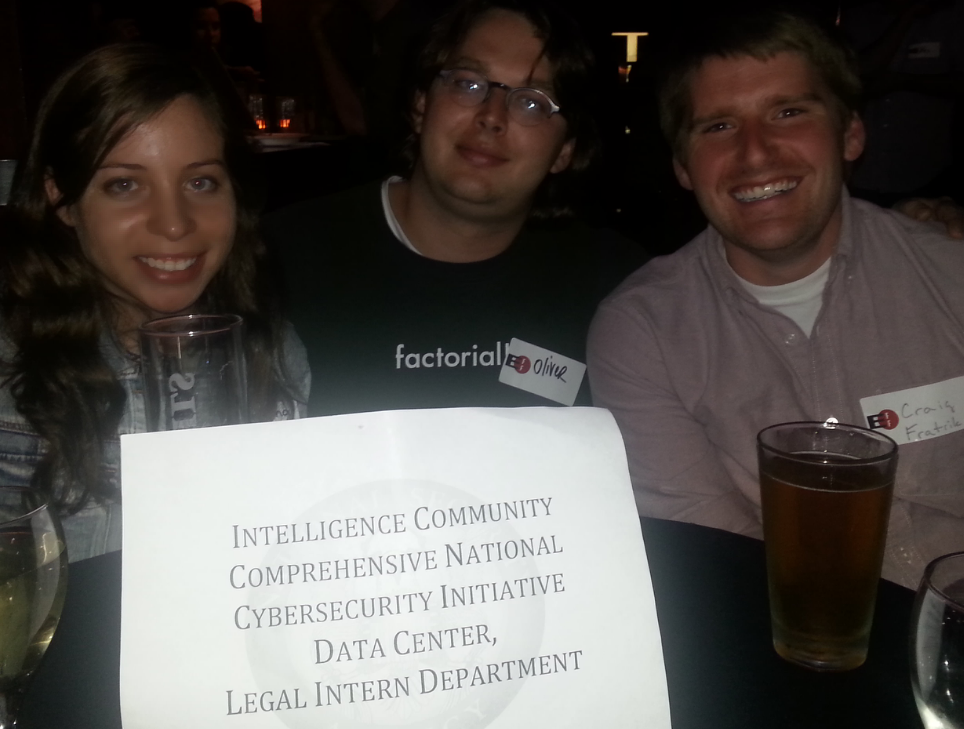
I have always admired NPR’s style of broadcast journalism. Through their use of compelling voice-overs, descriptive writing styles, and natural sound, the organization’s reporters have a way of bringing life to stories that lack pictures. Naturally, as one of UNC’s law and journalism dual-degree students, I jumped at the opportunity to spend my summer working in NPR’s Office of the General Counsel.
At NPR, I received exposure to all aspects of media law. On a typical day, I could do anything from answering fair use questions to investigating international broadcasting issues to assisting with FOIA requests. By working at NPR, my knowledge of First Amendment, intellectual property, and administrative law increased immeasurably.
The staff at the OGC also encouraged me to attend legal events outside NPR. I heard Gary Pruitt, Chairman and CEO of the Associated Press, speak at the National Press Club about the Department of Justice’s decision to subpoena, without notice, phone records from the AP’s reporters. I also interacted with prominent members of the media law community at events held at The Washington Post and other venues around D.C. My days were rarely, if ever, filled with a dull moment.
I had the added benefit of working in NPR’s brand-new building located at 1111 North Capitol Street, NE. From my office desk, I had this amazing view of the Capitol Building.
Being located at NPR’s new headquarters also enabled me to interact with members of the newsroom and watch broadcasts of Morning Edition, All Things Considered, and Talk of the Nation.
Through these activities, I left the classroom setting and observed how media law issues impact real journalists.
I would recommend NPR’s internship program to anyone interested in media law. The organization has many intelligent and talented people who are eager to help interns learn. I am honored to have been an intern in the OGC and am proud to have represented Carolina at NPR!
Kevin Delaney is a 2L at the University of North Carolina School of Law and a second-year master’s student at the UNC School of Journalism and Mass Communication.






